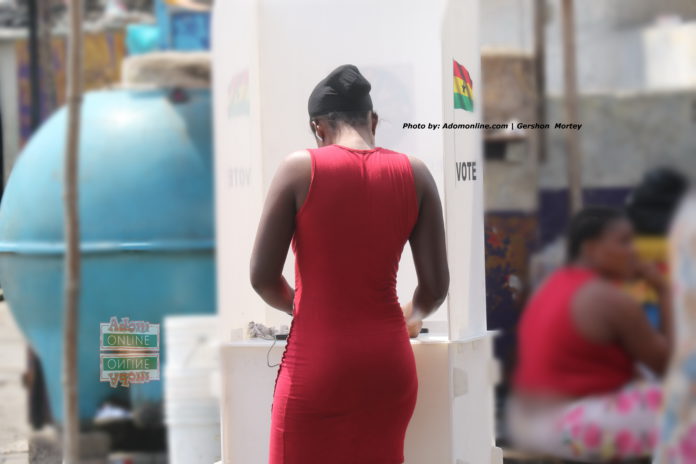Journalists have been urged to give female candidates participating in the upcoming local government elections better visibility in media reportage.
By giving women aspirants positive coverage, the media would play a significant role in ensuring that female politicians are portrayed positively.
The appeal was made during a stakeholders forum organized by the Alliance for Women in Media Africa (AWMA) with support from the Canada Fund for Local Initiatives (CFLI) on the theme “enhancing women’s Participation in Ghana’s 2023 District Level Elections: the role of the media.”
The event was also used to launch a project aimed at enhancing inclusive participation in local governance in Ghana through capacity building for journalists and female political aspirants.
Benefits
Speaking after the launch of the project, a former Director of the Institute of Local Government Studies (ILGS), Dr Esther Ofei-Aboagye, expressed concern over the under-representation of women in politics and decision-making, despite making up more than 50 percent of the country’s population.
In the past three decades, she said Ghana had sought to derive the benefits that decentralization and local governance offered countries worldwide.
Decentralized local governance, she said, offered countries the prospect of achieving sustainable development as it brought governance to the doorsteps of the people.
Also, she said, it offered a platform for discussing how local and national resources were equitably allocated and prioritized.
Local governance, she said “touches on the daily lives of women-markets, sanitation, streets, use of spaces for recreation or economic activities, location of public utility, safety and well-being of children, among others”.
In light of this, in her view, local-level governance and deliberative processes must factor in and be shaped by women’s perspectives and insights.
“Because women are the primary users of public spaces, they are investors in the local economy and contribute to social sustenance and cohesion”, she said.

Women
To Dr Ofei-Aboagye, the factors contributing to the low participation of women in district-level elections include concerns of women over public abuse and violence, time constraints, family concerns about their prospects and involvement, lack of adequate role models, and partisan issues.
“Women have not been helped by power brokers such as traditional leaders, religious leaders, and political party leaders while efforts to support them by state and non-state actors have had limited success,” she said.
To make it attractive for women, she stated that women who had succeeded must share their success stories while the media through its agenda-setting role could increase the discussion and influence public opinion on women’s candidature.
She called on the Electoral Commission, the Ministry of Local Government, Decentralisation and Rural Development, the National Association of Local Authorities of Ghana, and the National Commission for Civic Education to collaborate effectively with key non-aligned media houses to increase education and provide unbiased coverage on women participating in the district level elections.
Canada support
The Charge D’affaires at the Canadian High Commission in Ghana, John Crysler, explained that the CFLI was a partnership programme that provided direct funding to small-scale initiatives conceived and implemented by grassroots organizations.
Currently, he said CFLI was supporting five partners in Ghana working on various subject areas, including peace, security, gender equality, human rights, and inclusive governance.
“Canada believes the participation of women in decision-making and governance is not a token measure.
We know that when you have diversity in decision-making at all levels you get better policy outcomes,” he said.
The Patron of AWMA, Prof Audry Gadzekpo, said it was important to cultivate ethical journalistic practices that did not stereotype women participating in the political elections.
ALSO READ:

